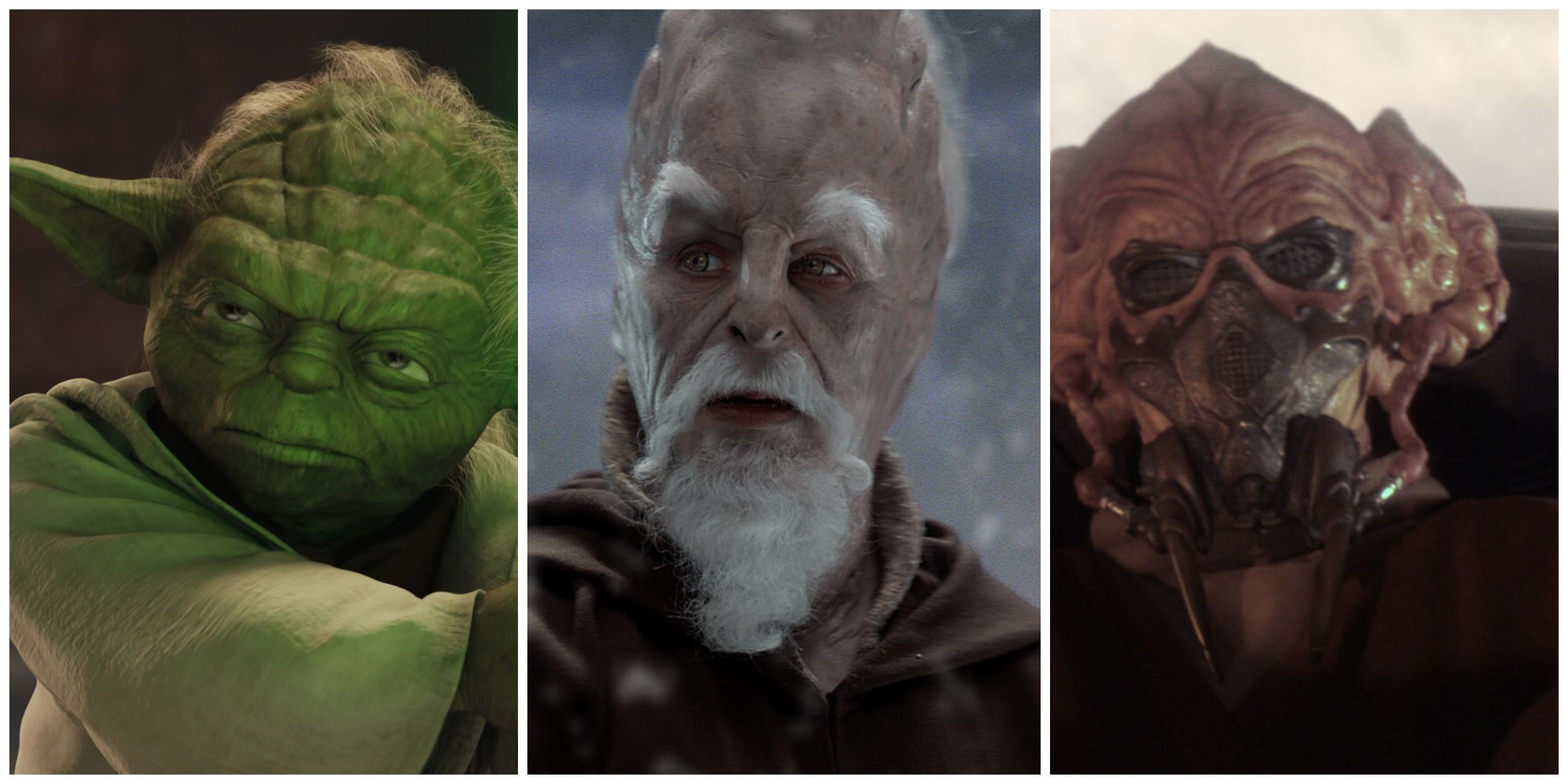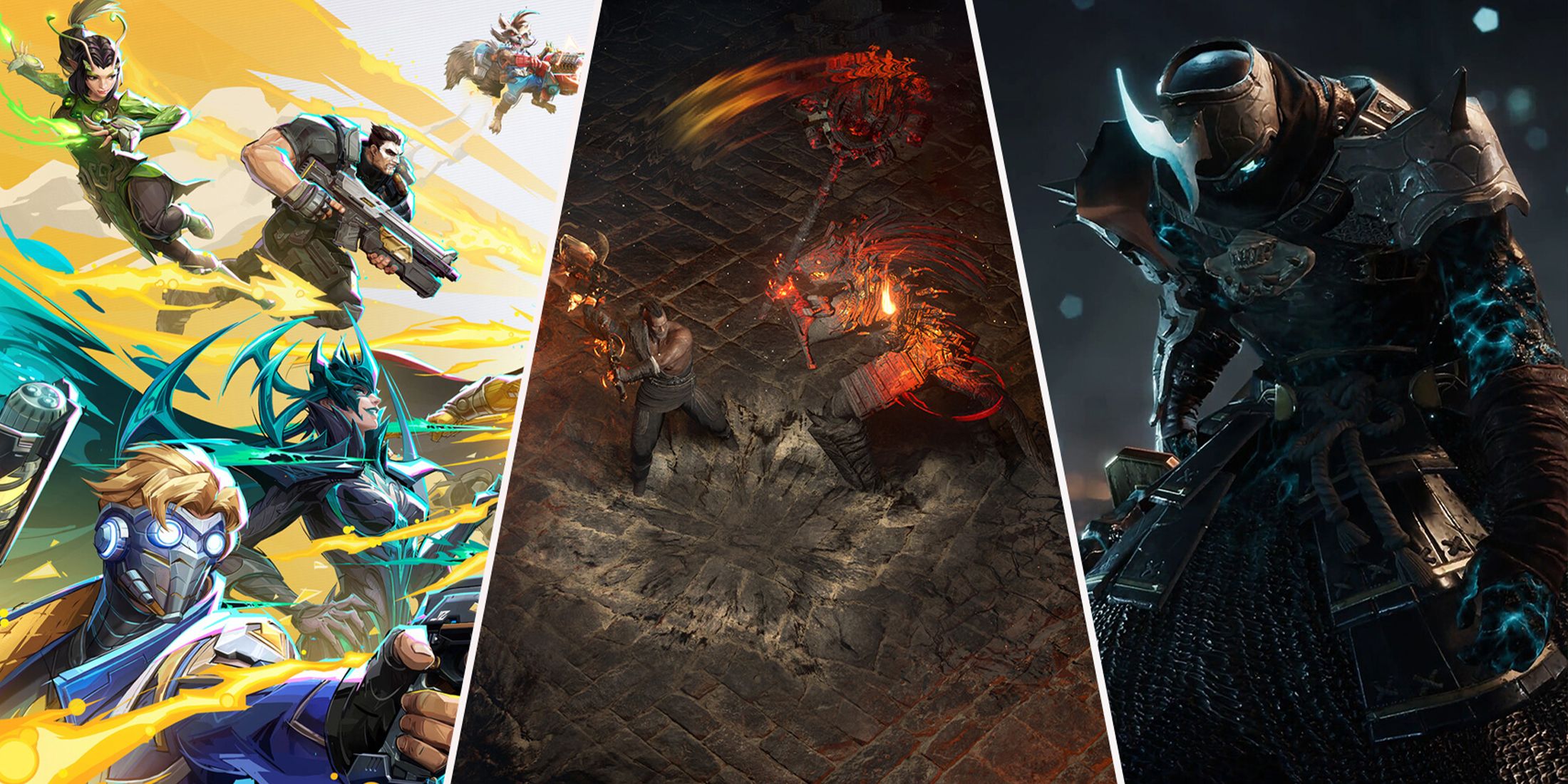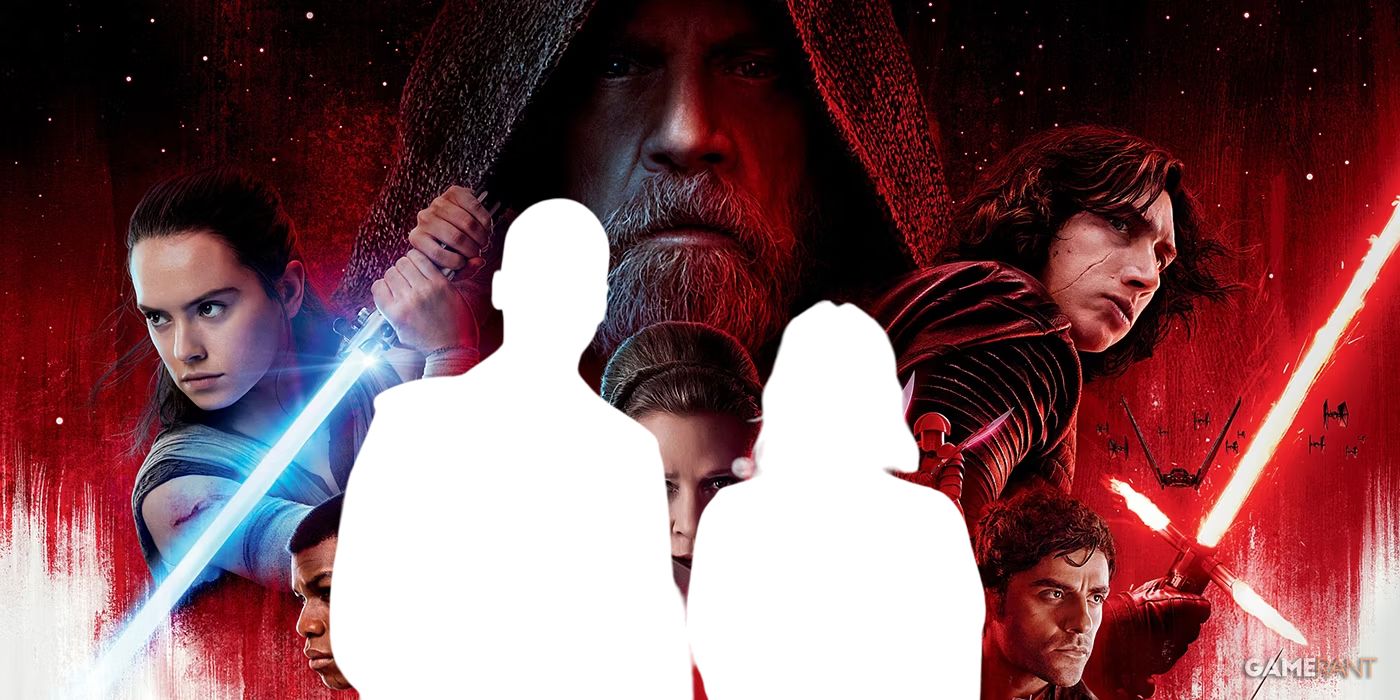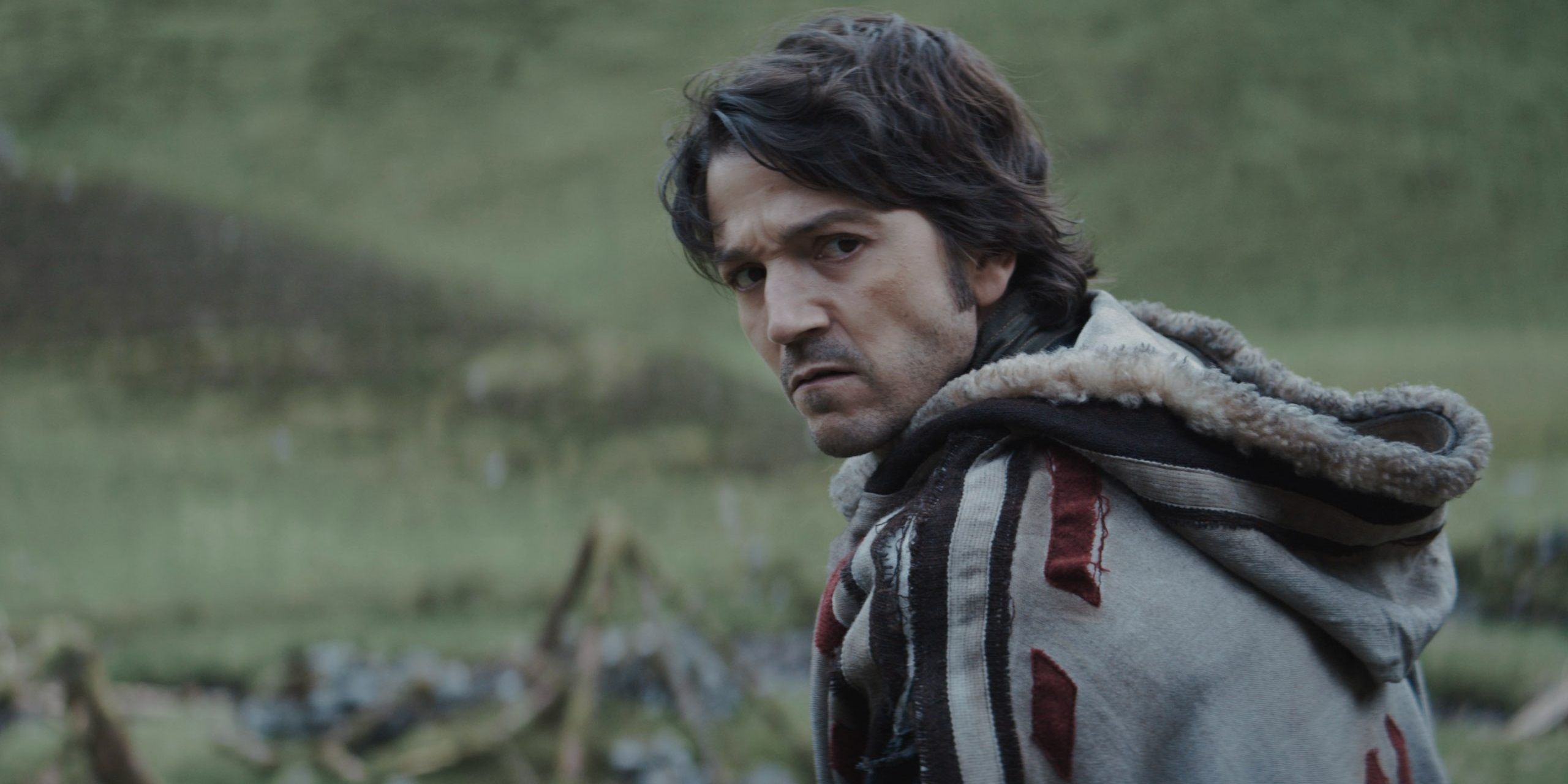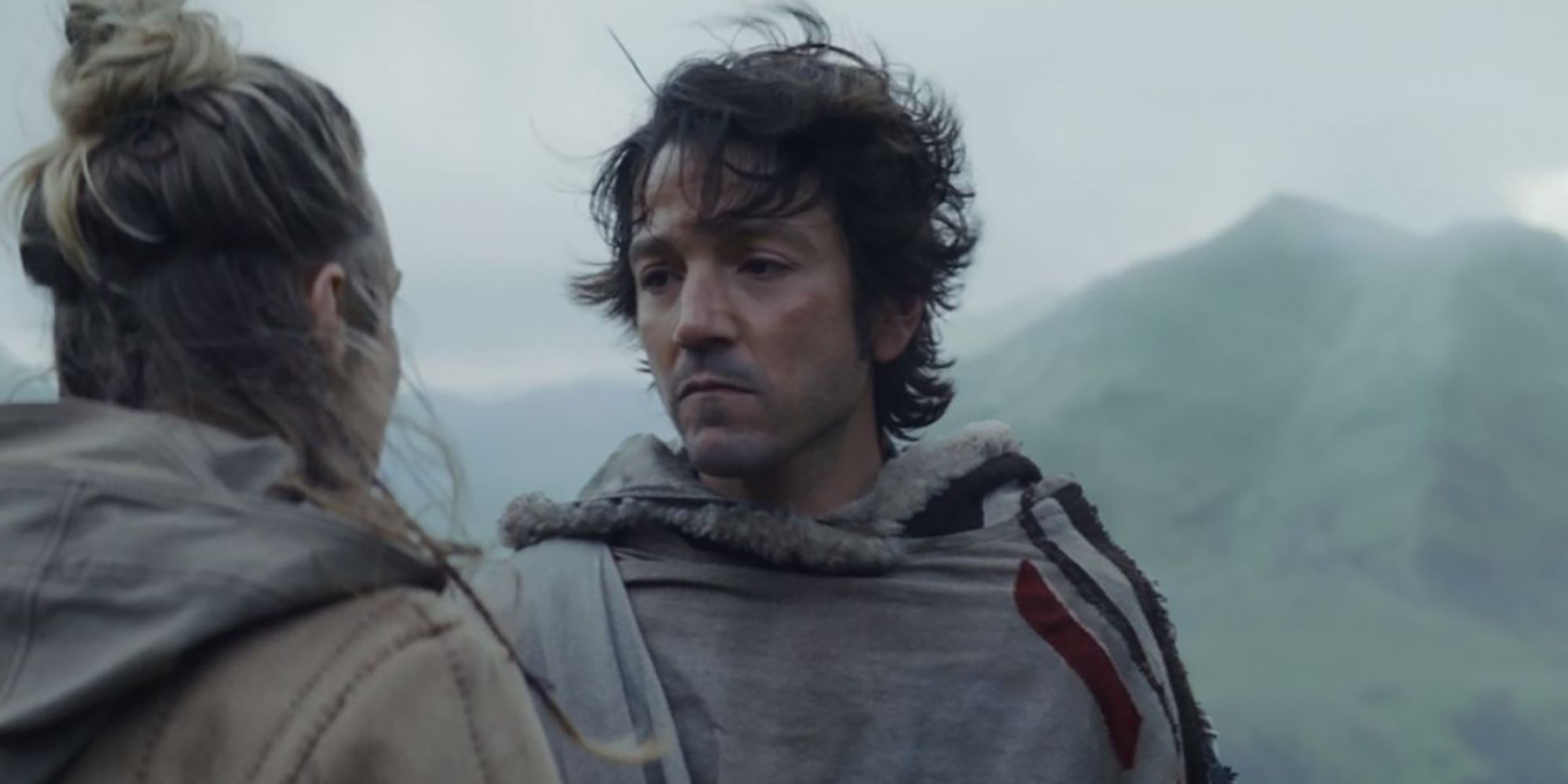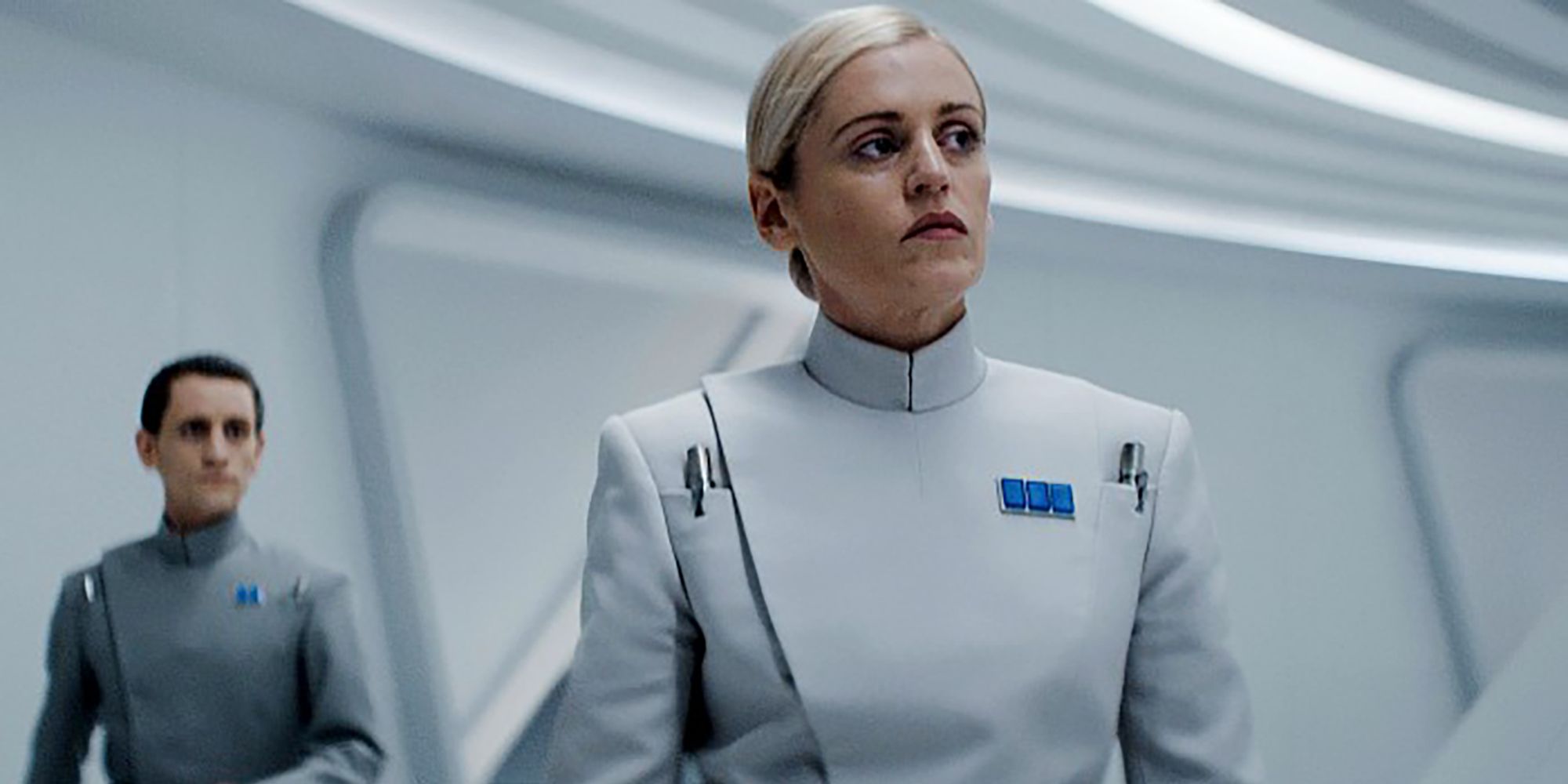Andor has attained success in a vastly different metric from the other outings in the Star Wars franchise. While most Star Wars projects are serviceable mass media projects that become profitable beyond rational understanding, Andor is a genuinely stirring piece of art. It's not just that Andor is one of the best pieces of the franchise, it's that Tony Gilroy's contribution is a different kind of ambition entirely.
The age of streaming entertainment has been marked by massive changes in creative direction on a dime. As soon as something breaks through unexpectedly or something else flops, every studio falls over itself to rewrite the multi-year schedule. Star Wars may not be the franchise most affected by this mindset, but it is the one that shows the effects most obviously.
Looking solely at the viewership numbers of the handful of Disney Plus Star Wars shows, people want more of Obi-Wan Kenobi and less of Andor. By and large, shows with established Star Wars characters perform better than those without. Andor underperformed when compared to The Book of Boba Fett, which is widely considered the weakest of Disney's live-action efforts. Obi-Wan didn't draw eyes because of its masterful storytelling or groundbreaking new horizon. It had Darth Vader and Obi-Wan, it was a guaranteed hit. Andor grew in viewership over its first season, while most Star Wars shows slowly lose viewers. They had a better pitch, but Andor had a better show. Positive word of mouth made Andor a sleeper hit on its own merits. It would come as no shock if Disney looked at the slightly diminished viewership of Andor and ignored everything it had to say, but they renewed it for a second season, so they just might be listening.
Andor represents a completely new approach to the Star Wars brand. It's a compelling story that takes elements from the earlier entries and refocuses them. It's a lesson in perspective that finally gives the fanbase a look into the grim and gritty details behind the fantastical elements. It's also a wide-awake socially aware meditation on the meaning of the original stories and their place in the new era. Obi-Wan and The Book of Boba Fett are centered on existing characters to tie up loose ends and profit off of their popularity. The Mandalorian is an entirely unrelated side-story that slowly injects more stuff we remember as it goes on. The latter slowly betrays its pitch and the former stars with callbacks. Andor could be a bold new direction in storytelling for the franchise.
For decades now, Lucasfilm and Disney have tried to sell the galaxy far far away as a place of endless possibilities. That promise has been proven untrue at almost every turn, as the story continues to fall back on the same handful of characters and concepts. People make fun of the extended universe novels for their obsession with details no one could ever care about, but the films and spin-offs are no better for their non-stop revolving around a single family. For a universe so big, it seems like no one ever cares about anyone who isn't from the original six films or related to them by blood. Andor could be the first in a long line of new stories. Inspired by Gilroy's instant classic, the franchise could finally fulfill the promise of a massive universe.
A lot of franchise media gets praise for being "the darkest" iteration of the selected series. Usually, that means it's a bit more liberal with sex and violence. Maybe it focuses on a character who isn't a paragon of moral superiority. Andor is probably the darkest entry in the Star Wars franchise, but with none of the edgy nonsense implied by that dubious accolade. It's mature in a nuanced and interesting way. Its violence has meaning, its villains are utterly familiar to any of us who've experienced the banality of evil, and every event is imbued with real narrative weight. This type of sincere mature storytelling isn't entirely new to Star Wars, but it's been largely absent from the material since toy sales became the most important factor in its financial success. If Disney actually wants to appeal to a wider audience, outside the ever-shrinking bubble of unironic Star Wars devotees, it will have to allow its stories to grow too.
Viewing the franchise honestly, it's unlikely that the success of Andor will change Star Wars much at all. It'll exist as an aberration, one perfect corner of art inside an otherwise all-consuming sea of products. The second season may even abandon much of what made it special. However, Andor wasn't an accident or a coincidence. It was the concerted effort of talented creators taking the classic approach to TV storytelling inside a franchise that has routinely stamped out dangerous levels of creativity. In its success lies a blueprint that could guide the franchise into a new era of genuine good art under a diverse world of new creators. We could all see Star Wars as an entirely different and widely beloved force for good. There could be no fate more poetic for a show like Andor than to be the spark that finally brings an empire to its knees.

